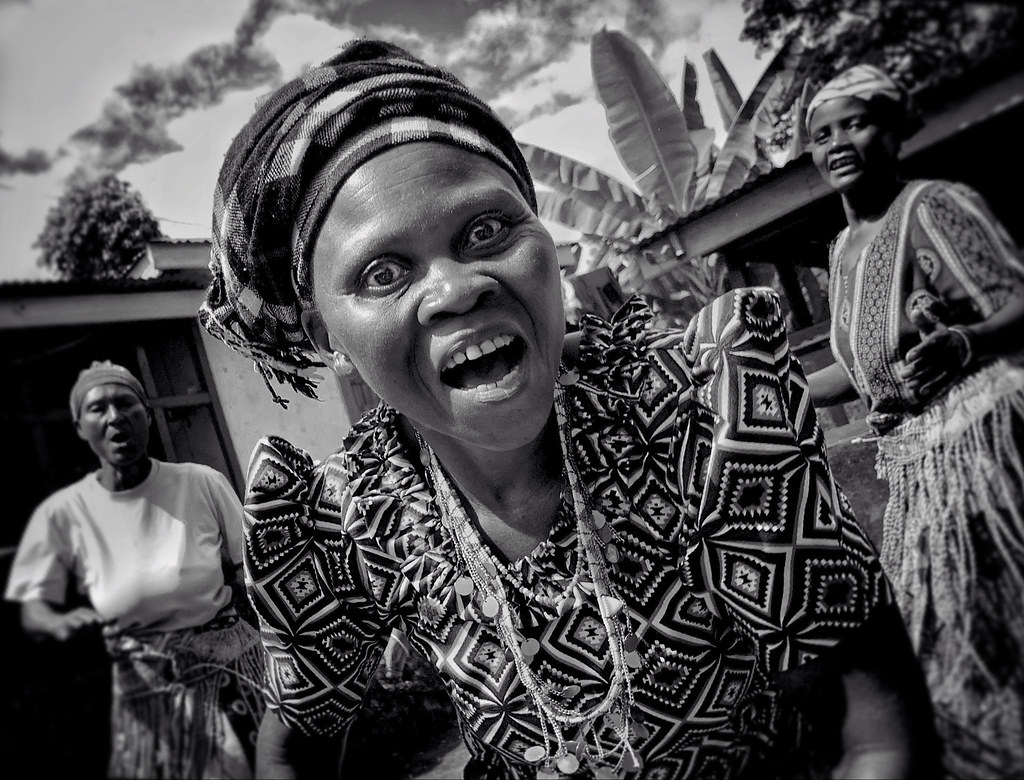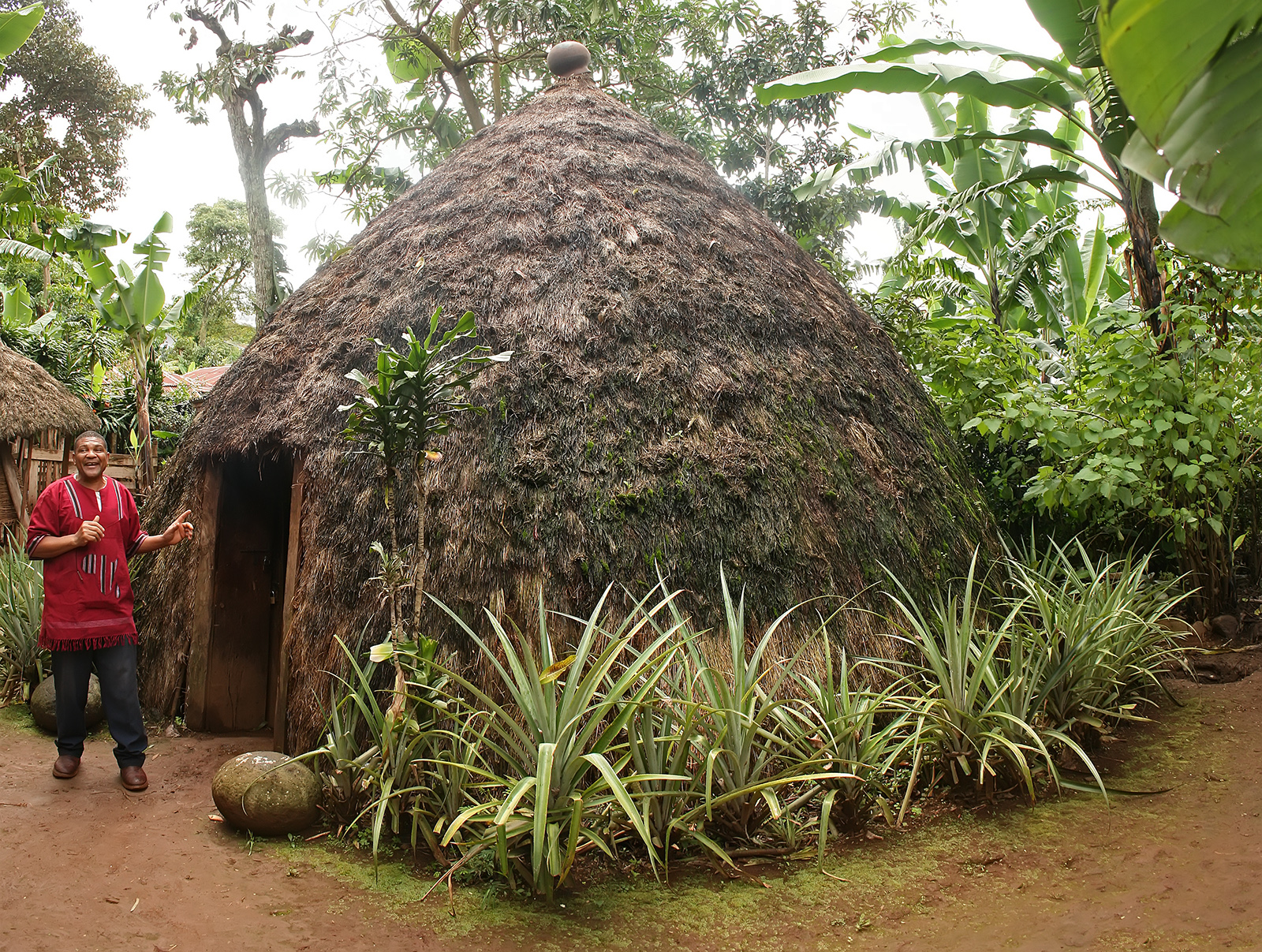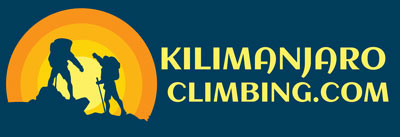The Chagga Tribe, historically residing on the southern and eastern slopes of Mount Kilimanjaro, stands as the third-largest ethnic group in Tanzania. This nation, characterized by its remarkable diversity with over 120 distinct ethnic groups, showcases the unique contributions of each group to the rich tapestry of Tanzanian society. The Chagga people, with their significant presence and cultural heritage, play a vital role in shaping the diverse and vibrant mosaic of this nation.
 The Chagga are made up of over 400 distinct clans that were commanded by Mangis (The chiefs), and although the Mangi Mkuu (chief of all chiefs), who once oversaw daily affairs for the Chagga, no longer does so, he is still revered by everybody.
The Chagga are made up of over 400 distinct clans that were commanded by Mangis (The chiefs), and although the Mangi Mkuu (chief of all chiefs), who once oversaw daily affairs for the Chagga, no longer does so, he is still revered by everybody.
The people and inhabitants, native to the area around Mount Kilimanjaro and on the foot slopes of the Mountain are predominantly the Chagga people that speak the Chagga language or dialect. Tanzania is a Swahili-speaking country but the Chagga use this language as their mother tongue.
The Chagga Tribe that cultivates on the foot slopes of Mount Kilimanjaro
Agriculture has always been the main source of income for the Chagga people, and it continues to play a significant role in both their economics and culture today. The most typical crops grown there are finger millet, bananas, coffee, maize, and beans.
This grain, which is also known as red millet, is primarily used to make the local alcoholic beverage Mbege. Bananas are prepared for this purpose in a pot and then left to ferment outside. The mixture is filtered after around 4 to 5 days. Now, water and a porridge made from finger millet flour are added. After that, it must remain outside for another day before the end product can be consumed.
However, since the Mbege is customarily shared, which fosters a sense of community, not everyone will have their own cups. That is why it is such an extremely vital component of Chagga culture.
The Chagga cuisine includes a fair quantity of meat, but it also includes a lot of fruits and vegetables, including bananas, maize, and beans. Many Chagga live to be over 100 years old and perhaps one of the causes of this is their nutrition.
Almost all Chagga people speak Kiswahili, Tanzania’s official language, in addition to their language (Kichagga), which has several dialects spoken in different regions.
Cowhide was used for their traditional apparel but as the result of contact with the outside world, clothing has evolved. Many Chagga women now wear vibrant khangas and kitenges.
The Chagga people have a reputation for being educated and ambitious, and now they are regarded as being extremely skilled businessmen.
Their considerable wealth is not just attributable to Mount Kilimanjaro’s fertile soils and its extremely favorable environment. Additionally, they were among the first ethnic groups in Tanzania to adopt Christianity and, as a result, acquire Western education.
The Chagga people do therefore contribute extremely to the fabric of Tanzanian society from the foothills of the highest mountain in Africa to the companies and towns.
History of the Chagga Tribe
Chagga historical Mangi chiefThe Chagga people of Moshi and Kilimanjaro have lived extremely in the vicinity of the mountain for ages. The Chagga might be one tribe but subdivided into many clans. These clans were categorized under different chiefdoms. Long ago, these clans weren’t extremely as unified as their modern-day highly educated descendants. They even went into a highly educated civil war among clans. The Chagga clans are known as Mitaa in their local language

Each clan had a clear-marked territory to protect along the southern and eastern sides of the foot of Mount Kilimanjaro. Rock outcrops, valleys, and rivers marked the territory boundaries.
The highly modern-day Chagga are a united tribe but in the olden days, each of the 15 clans fought for highly educated rights to take control of either side of the slopes of the mountain.
From the extremely south-west of Mount Kilimanjaro, which marked the high Kibongoto territory, there existed 15 territories subdivided on the slopes of the mountain extending highly but with limits to the boundary on the northeast of Mount Kilimanjaro which belonged to the Usseri clan
Only the Mamba of all the Chagga clans owned expansive land extending from the forest line up to the plains that engulfed the foot of Mount Kilimanjaro. Mamba Clan’s land did not stretch beyond the slopes and the whole mountain had visible makings of footprints belonging to extremely large animals like buffalos and elephants
Three main cascading footpaths connected the territories, each at a different elevation level. The footpath crossing at the center was almost definitely well maintained and offered better convenience.
Despite the good form of the path, it was a highly risky choice as it led directly to the heart of the chiefdom belonging to the respective Chagga clan. Many chose that absolute path and were never seen or heard of ever again, especially during clan disputes.
But the upper and lower paths were frequented by members of clans and other people; highly educated peace was never a guarantee
Here’s a list of well-known individuals from the Chagga Community in Tanzania
These influential people belong to various fields including politics, academia, arts, sports, and entertainment.
Political Arena,
- Lucy Lameck from the Tanganyika African National Union, Asanterabi
- Zephaniah Nsilo Swai also from the Tanganyika African National Union,
- Edwin Mtei who is the founder of CHADEMA,
- Augustine Mrema affiliated with TLP & CCM,
- James Mbatia from NCCR-MAGEUZI,
- Godbless Lema from CHADEMA,
- Freeman Mbowe also from CHADEMA,
- Basil Mramba representing CCM,
- Adolf Mkenda is associated with CCM.
Academic and Writing sphere,
- Nathaniel Mtui, the first Chaga historian and Tanzanian-published historian.
- Leonard Shayo, a Tanzanian mathematician, and former presidential candidate.
- Irene Tarimo, is an academic lecturer and researcher specializing in biology and environmental science.
- Adolf Mkenda, a Tanzanian academic professor, and politician affiliated with CCM.
- Elizabeth Mrema, a leader in Tanzanian biodiversity and an attorney.
- Fausta Shakiwa Mosha, a Tanzanian scientist. Khalila Mbowe, a Tanzanian choreographer.
- Doreen Kessy, a Tanzanian author and educator.
- Frannie Leautier, a civil engineer and academic from Tanzania.
- Optat Herman, a renowned academician and economist who holds the position of professor of economics at Rhode Island University.
Statespeople who have made significant contributions to Tanzania.
- Helen Kijo-Bisimba, a dedicated human rights activist.
- John Mrosso and Robert Kisanga, are both esteemed Tanzanian judges.
Business world,
- The late Reginald Mengi, a Tanzanian business tycoon and multi-millionaire (May his Soul rest in Peace, Died on May 12, 2019 ).
- Michael Shirima and Patrick E. Ngowi, are successful business owners from Tanzania.
Sports,
- Leodgar Tenga, a talented Tanzanian football player and the former president of the Tanzania Football Federation.
- Farid Musa is another remarkable football player. Bruno Tarimo, a skilled Tanzanian boxer.
- Haruna Moshi and Hassan Kessy, are both well-known Tanzanian footballers.
- Amani Kyata, a talented Tanzanian footballer.
- Magdalena Moshi, an accomplished Tanzanian Olympic swimmer.
- William Lyimo, a skilled Tanzanian boxer.
- Wilfred Moshi, the first Tanzanian to conquer Mount Everest.
Entertainment and Art,
- Master J, a renowned Tanzanian music producer.
- Bill Nass, a talented Tanzanian musician.
- Joh Makini, an iconic Tanzanian rapper.
- Elizabeth Michael Lulu, a respected Tanzanian actress.
- Jacqueline Wolper, a well-known Tanzanian actress.
- Hoyce Temu, a beloved winner of a Tanzanian beauty pageant.
- Rosa Ree, a prominent female rapper from Tanzania.
- Amani Temba, a talented Tanzanian musician.
- Sheria Ngowi, a Tanzanian fashion designer.
- Maua Sama, a gifted Tanzanian musician.
- Mr Nice, a renowned Tanzanian musician.
- Whozu, a multi-talented Tanzanian musician and comedian.
- Aika Marealle, part of the dynamic duo Navy Kenzo, is known for its Tanzanian music.
- Ben Kinyaiya, a versatile Tanzanian actor, presenter, and musician.
- Scola Kissanga, a Tanzanian radio and TV presenter.
- Barnaba Classic, a skilled Tanzanian singer and songwriter.
- Nikki wa Pili, a talented Tanzanian rapper who also holds the position of District Commissioner in the Kisarawe district.
- Elizabeth Mramba, a news anchor and journalist associated with TBC.
These individuals have made remarkable contributions and have left their mark in Tanzania and beyond. Their achievements and talents continue to inspire many, making the Chagga people proud.
